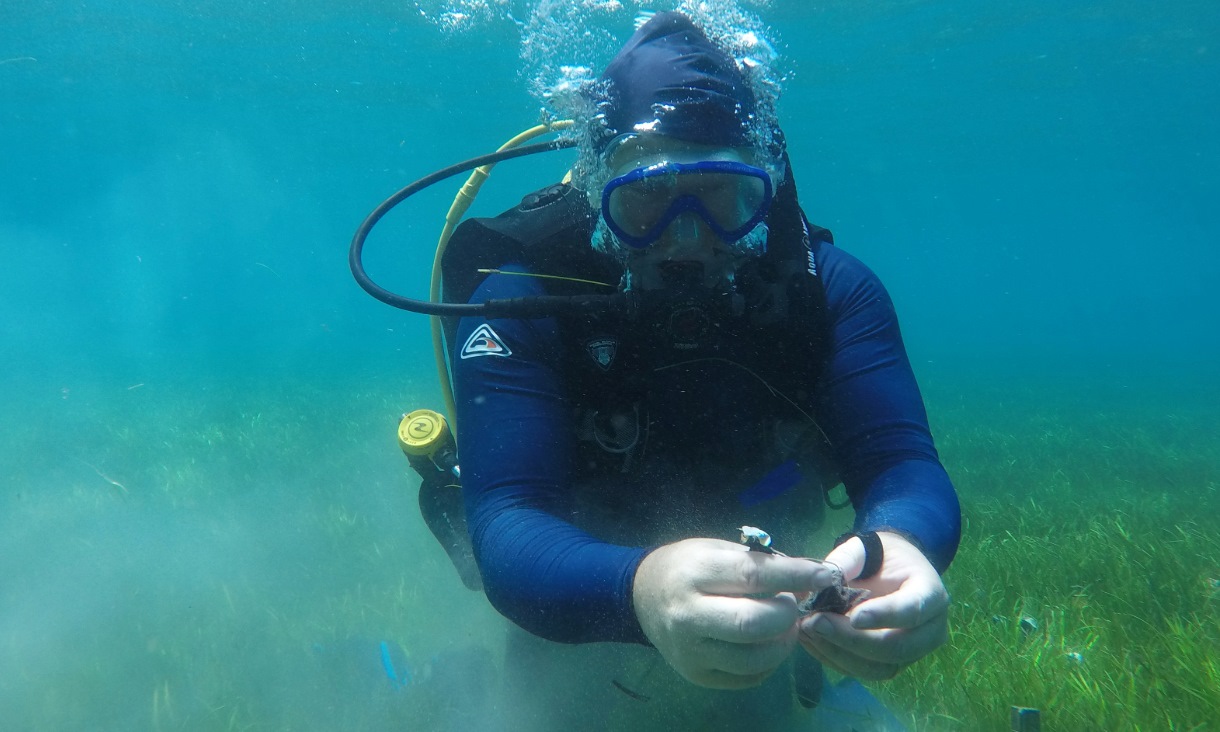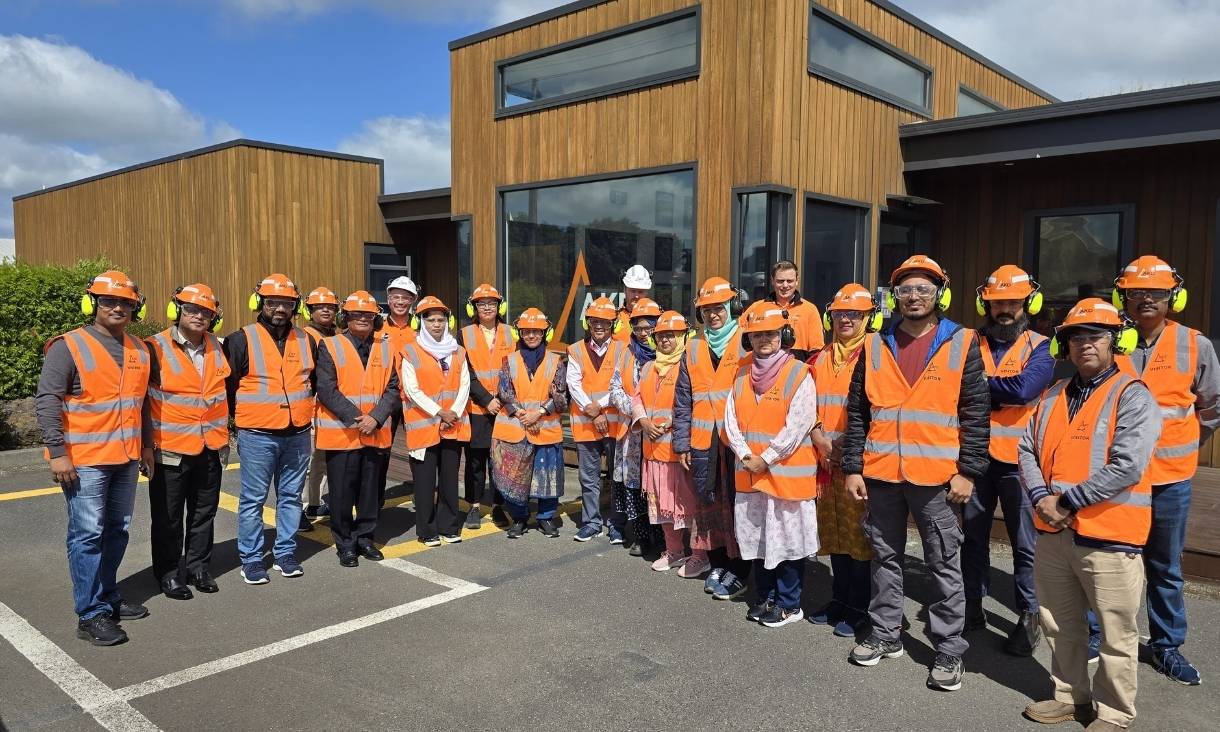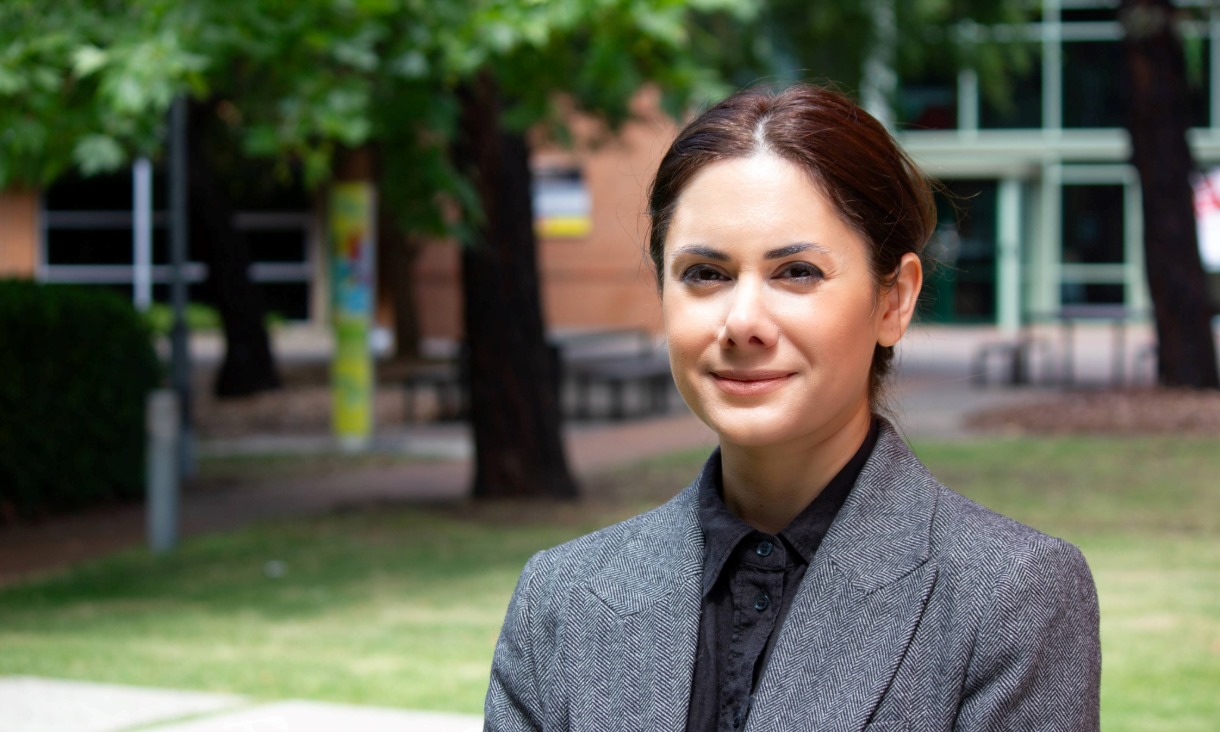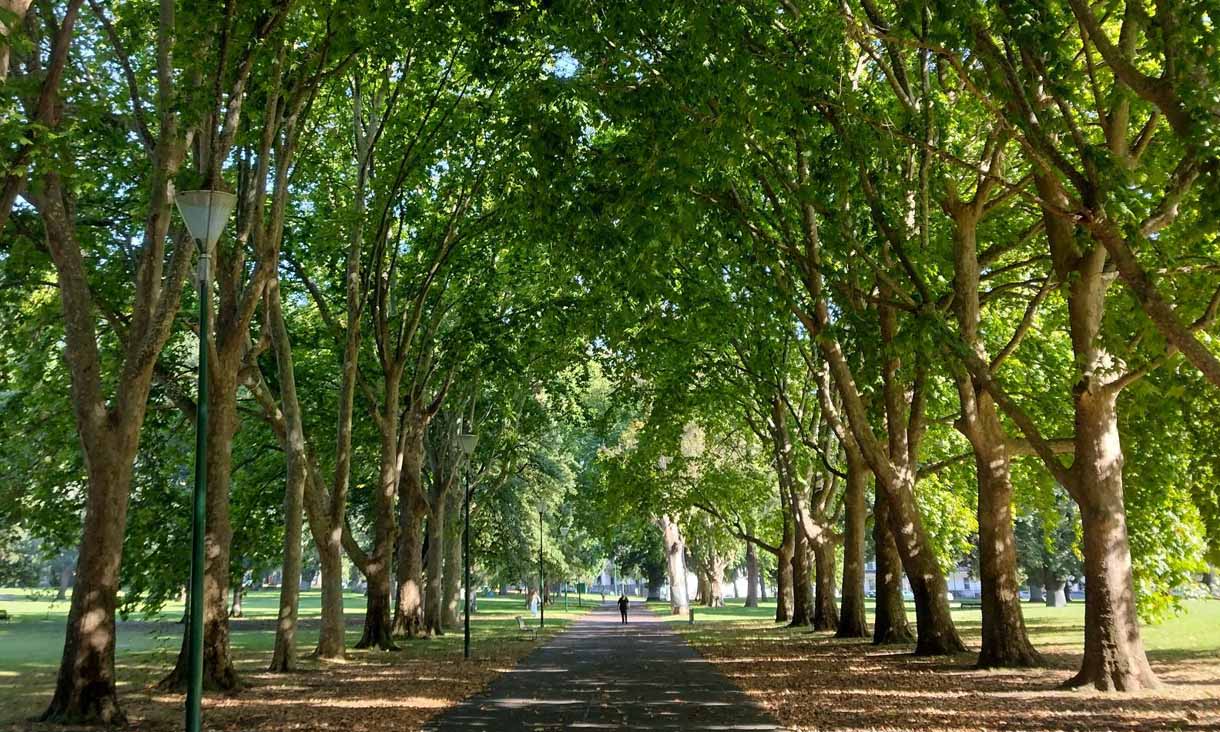A sign of the times
Striking students are calling out that simply standing by means being complicit in climate change. The school strikers, and those who support them, are deeply anguished about what a business-as-usual future might hold for them and others.
Striking students’ signs proclaim “no graduation on a dead planet” and “we won’t die of old age, we will die from climate change”. This is not hyperbole but a genuine engagement with what climate change means for their lives, as well as their deaths.
Notably, they are openly discussing and promoting engagement with climate distress as a means of inspiring action. As Greta Thunberg — who started the school strikes for climate — said in January:
I don’t want you to be hopeful. I want you to panic. I want you to feel the fear I feel every day. And then I want you to act.
They know certain possibilities have already been stolen from them by the older generations. Rather than trying to hold onto dominant cultural narratives about their future, striking students are letting them go and crafting alternatives. They are enduring the pain of the climate crisis, while labouring to generate desirable and possible, though always uncertain, futures.
By connecting with other concerned young people across the world, this movement is creating a more collective and ecologically attuned identity.
They are both more ambitious and humble than our dominant (non)responses to climate change. This is palpable in signs like “Mother Nature does not need us; We need Mother Nature” and “Seas are rising, so are we”.
What will eventually happen – in terms of both cultural and climatic change – is of course, unknowable. But it is promising that children are already forging new identities and cultures that may have a chance of survival on our finite blue planet.
As adults, we would do well to recognise the necessity of facing up to the most grotesque elements of climate change. Perhaps then we too may step up to the challenge of cultural transformation.
About the author:
Blanche Verlie is an Associate Lecturer in the School of Global, Urban and Social Studies at RMIT. She is the course coordinator for the Climate Change Responses and is currently researching the climate change education research and practice. Blanche volunteers with Climate for Change (www.climateforchange.org.au).
This article was originally published in The Conversation.
-1220_x_732.jpg)




